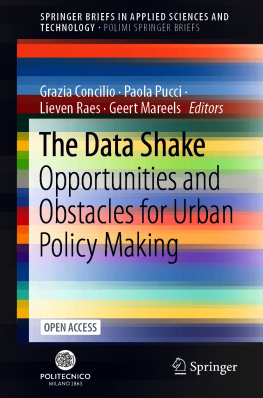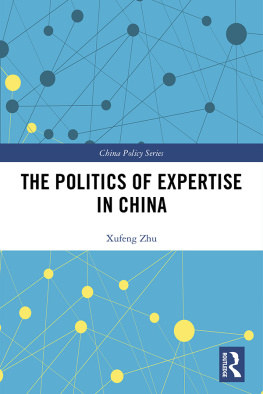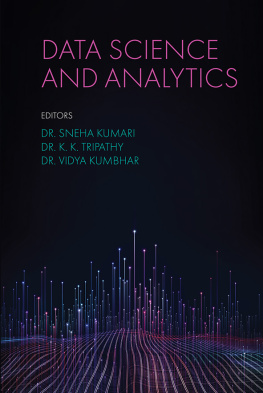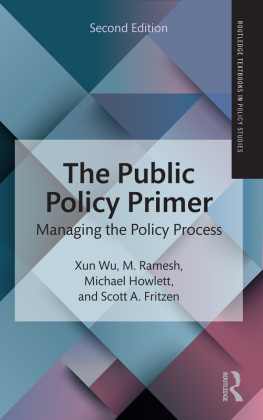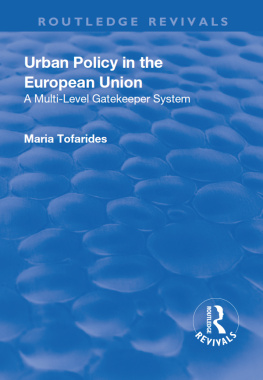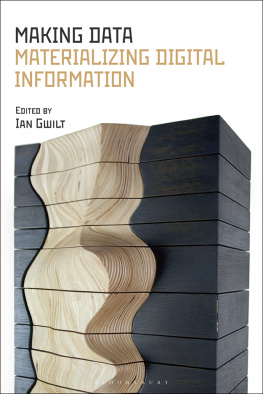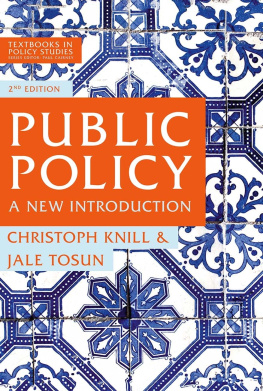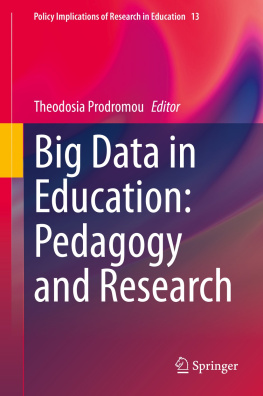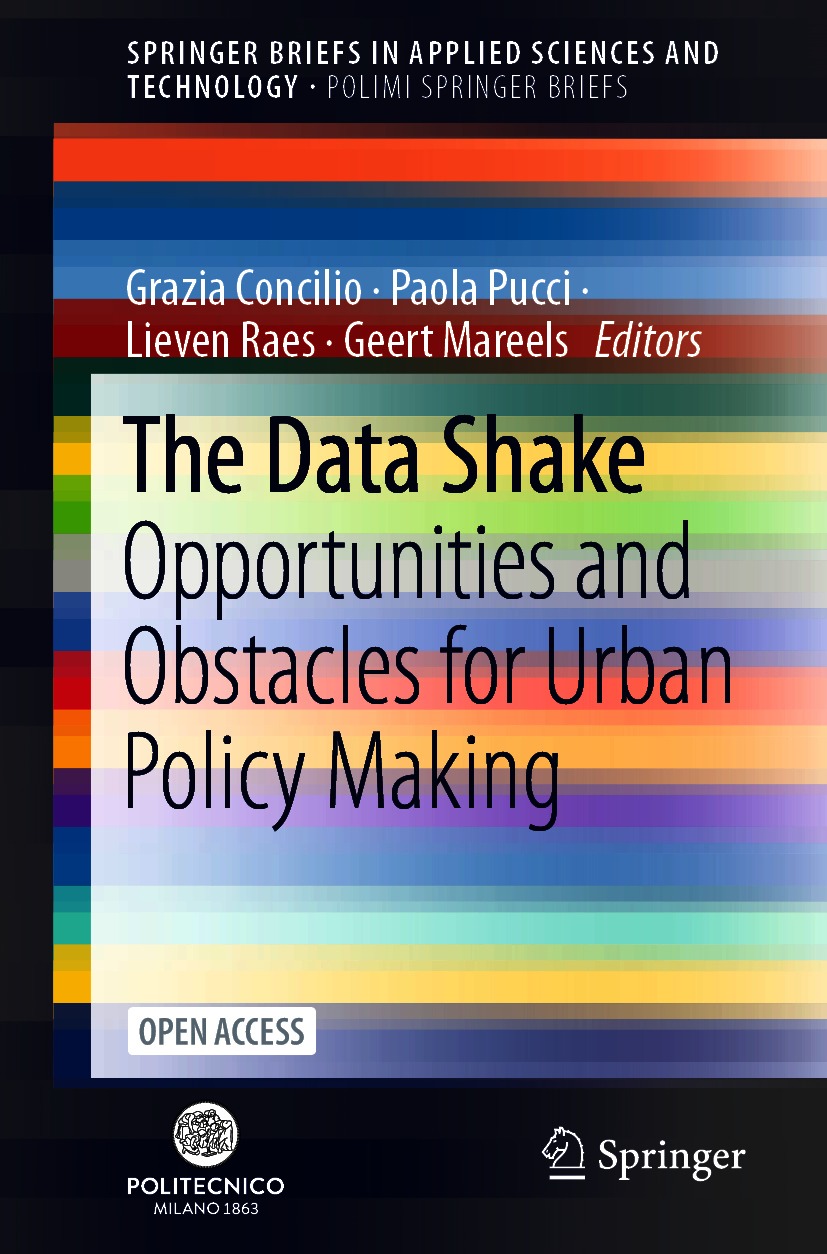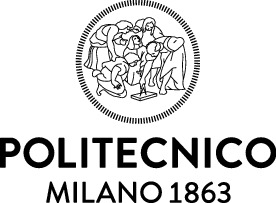SpringerBriefs in Applied Sciences and Technology PoliMI SpringerBriefs
Editorial Board
Barbara Pernici
Politecnico di Milano, Milano, Italy
Stefano Della Torre
Politecnico di Milano, Milano, Italy
Bianca M. Colosimo
Politecnico di Milano, Milano, Italy
Tiziano Faravelli
Politecnico di Milano, Milano, Italy
Roberto Paolucci
Politecnico di Milano, Milano, Italy
Silvia Piardi
Politecnico di Milano, Milano, Italy
More information about this subseries at http://www.springer.com/series/11159 SpringerBriefs present concise summaries of cutting-edge research and practical applications across a wide spectrum of fields. Featuring compact volumes of 50 to 125 pages, the series covers a range of content from professional to academic.
http://www.polimi.it Typical publications can be:
A timely report of state-of-the art methods
An introduction to or a manual for the application of mathematical or computer techniques
A bridge between new research results, as published in journal articles
A snapshot of a hot or emerging topic
An in-depth case study
A presentation of core concepts that students must understand in order to make independent contributions
SpringerBriefs are characterized by fast, global electronic dissemination, standard publishing contracts, standardized manuscript preparation and formatting guidelines, and expedited production schedules.
On the one hand,SpringerBriefs in Applied Sciences and Technology are devoted to the publication of fundamentals and applications within the different classical engineering disciplines as well as in interdisciplinary fields that recently emerged between these areas. On the other hand, as the boundary separating fundamental research and applied technology is more and more dissolving, this series is particularly open to trans-disciplinary topics between fundamental science and engineering.
Indexed by EI-Compendex, SCOPUS and Springerlink.
Editors
Grazia Concilio
DASTU, Politecnico di Milano, Milan, Italy
Paola Pucci
DASTU, Politecnico di Milano, Milan, Italy
Lieven Raes
Digitaal Vlaanderen, Brussels, Belgium
Geert Mareels
Digitaal Vlaanderen, Brussels, Belgium
ISSN 2191-530X e-ISSN 2191-5318
SpringerBriefs in Applied Sciences and Technology
ISSN 2282-2577 e-ISSN 2282-2585
PoliMI SpringerBriefs
ISBN 978-3-030-63692-0 e-ISBN 978-3-030-63693-7
https://doi.org/10.1007/978-3-030-63693-7
This book is an open access publication.
The Editor(s) (if applicable) and The Author(s) 2021

Open Access This book is licensed under the terms of the Creative Commons Attribution 4.0 International License ( http://creativecommons.org/licenses/by/4.0/ ), which permits use, sharing, adaptation, distribution and reproduction in any medium or format, as long as you give appropriate credit to the original author(s) and the source, provide a link to the Creative Commons license and indicate if changes were made.
The images or other third party material in this book are included in the book's Creative Commons license, unless indicated otherwise in a credit line to the material. If material is not included in the book's Creative Commons license and your intended use is not permitted by statutory regulation or exceeds the permitted use, you will need to obtain permission directly from the copyright holder.
The use of general descriptive names, registered names, trademarks, service marks, etc. in this publication does not imply, even in the absence of a specific statement, that such names are exempt from the relevant protective laws and regulations and therefore free for general use.
The publisher, the authors and the editors are safe to assume that the advice and information in this book are believed to be true and accurate at the date of publication. Neither the publisher nor the authors or the editors give a warranty, expressed or implied, with respect to the material contained herein or for any errors or omissions that may have been made. The publisher remains neutral with regard to jurisdictional claims in published maps and institutional affiliations.
This Springer imprint is published by the registered company Springer Nature Switzerland AG
The registered company address is: Gewerbestrasse 11, 6330 Cham, Switzerland
Preface
The book investigates the operative and organizational implications related to the use of the growing amount of available data on policy making processes, highlighting the experimental dimension of policy making that, thanks to data, proves to be more and more exploitable toward more effective and sustainable decisions. According to well-established literature and some empirical evidence, data has shown great potential in supporting the reading and the estimation of fine-grained variations in human practices in cities over time and spaces, depending on the specific sources from which it can be obtained. These features also affect data usability, highlighting how its potential relevance may vary in each different stage of the policy making process. The larger and larger availability of data offers support for (1) strategic activities, by aggregating information on time series that inform and validate public actions; (2) tactical decisions, conceived as the evidence-informed actions that are needed to implement medium-term strategic decisions; (3) operational decisions, giving support to day-by-day decision-making activities in a short-term perspective. The larger the availability of data, the bigger the chance it offers to implement experimental activities feeding the policy design and implementation as well as enabling collective learning processes. Within this changing but promising landscape, the book is structured into two parts.
The first part introduces the key questions highlighted by the PoliVisu project and still representing operational and strategic challenges in the exploitation of data potentials in urban policy making. It includes four chapters.
The chapter titled The Data Shake: An Opportunity for Experiment-Driven Policy Making by Grazia Concilio and Paola Pucci starts from considering that the wider availability of data and the growing technological advancements in data collection, management, and analysis question the very basis of the policy making process toward new interpretative models. By dealing with the operative implications in the use of a growing amount of available data in policy making processes, this chapter starts discussing the chance offered by data in the design, implementation, and evaluation of a planning policy, with a critical review of the evidence-based policy making approaches; then introduces the relevance of data in the policy design experiments and the conditions for its uses.

